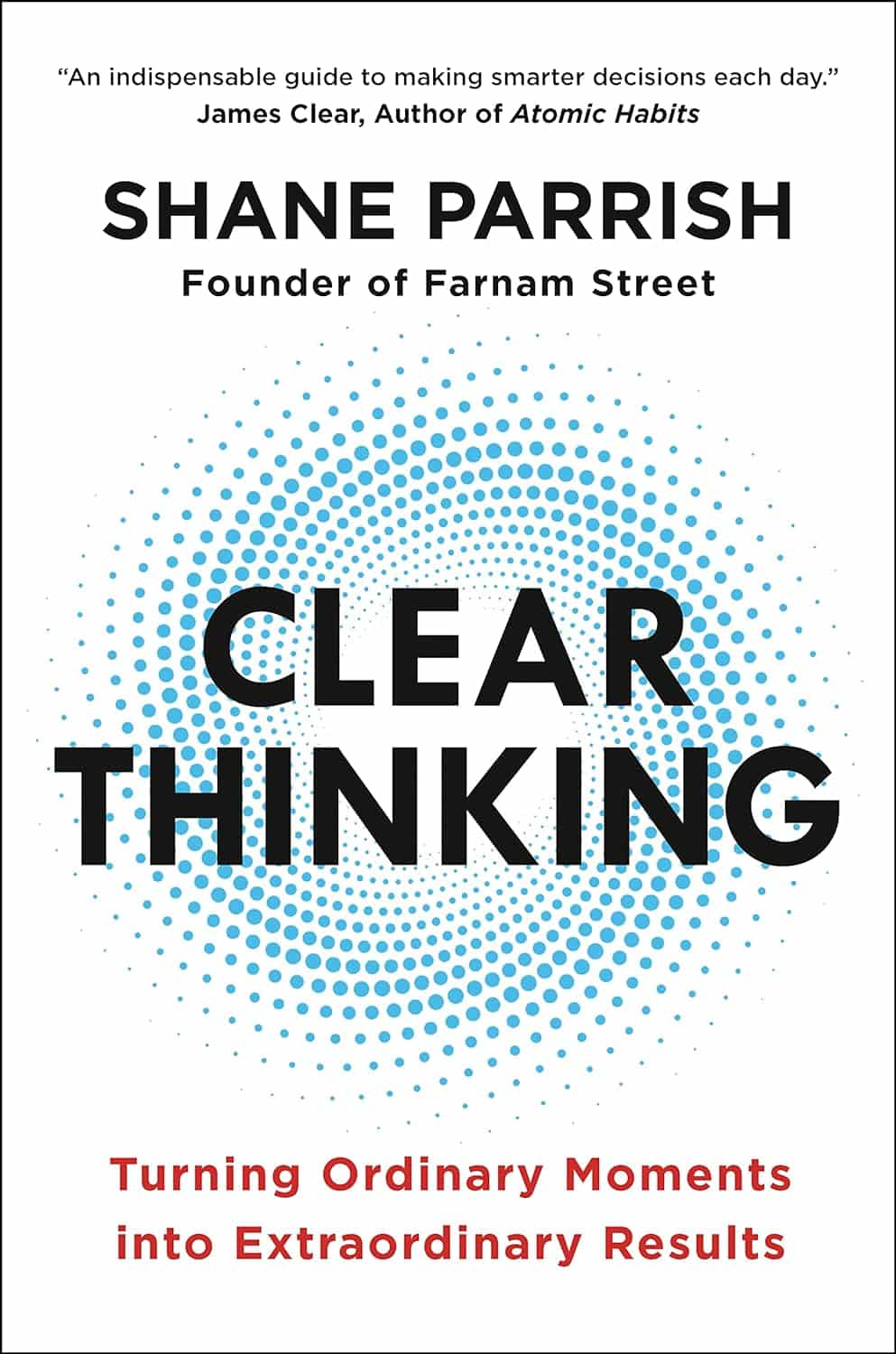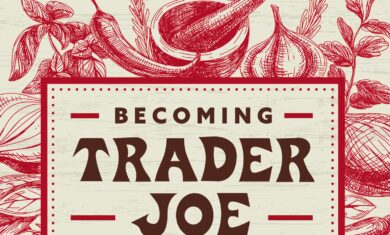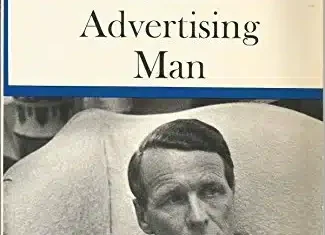“Be prepared” has been the motto of the Boy Scouts since 1907, and it’s good advice. Being prepared is rarely a bad idea and can help immensely when you unexpectedly need it most.
In his book “Clear Thinking“, author Shane Parrish gives some examples of how being prepared makes you a better “problem anticipator”, which is often better than being a “problem solver”:
Many people think they’re bad problem solvers when in fact they’re bad problem anticipators. Most of us don’t want to think about more problems; we have enough already. We think that before bad things happen, we’ll get a warning, we’ll have time to prepare, we’ll be ready. But the world doesn’t work that way. Bad things happen to good people all the time. We get laid off without warning. We get into a car accident. Our boss comes into our office and lays into us. A pandemic spreads throughout the world. No warnings. No time to prepare.
The lack of warnings is the brutal part. Sometimes you’ll get a few minutes, but you’ll always wish you had a few minutes more. Having plans in place will essentially buy you some of that time.
Here’s another small section from the book, talking about the lack of a “two-minute warning” on many problems, and then the great quote from Josh Wolfe that I used as the title of this post:
When bad things happen, there is no two-minute warning where you get a commercial break to prepare. You have to deal with it as it happens. The best decision-makers know that bad things happen, and that they’re not immune. They don’t just wing it and react. They anticipate and make contingency plans. And because they’re ready, their confidence doesn’t crack. The venture capitalist Josh Wolfe likes to say, “Failure comes from a failure to imagine failure.”
Preparedness is a tricky thing. We all want to be prepared for what might come, but we could end up going too far and spend all of our time preparing and never getting a chance to live. For me, I imagine potential problems on a scale from “likely, but not a big deal” going up to “unlikely, but a huge deal” and I focus mostly on the two ends.
On the “likely, but not a big deal” are things you can often anticipate a bit and easily prepare for:
- 70% chance of rain? I’ll bring an umbrella.
- Traffic will be busy on I-75? I’ll leave a few minutes early.
On the other side we have the “unlikely, but a huge deal“, and I do things to prepare for those.
- Car accident? I keep insurance on all of our cars.
- Unexpected job loss or expense? I keep savings put aside.
Pre-Mortem
Lastly, at least in the world of business, is the idea of a “pre-mortem”. We all know about the idea of a post-mortem, when you look back at a project to see what went wrong that can be corrected for next time. A pre-mortem is the opposite — looking ahead at an upcoming project to see what might go wrong and working ahead of time to anticipate and try to prevent those problems from occurring.
A pre-mortem is intentionally a place to try to “imagine failure”. The more ideas you come up with, the more prepared you can be to handle them if they come true. The very first episode of the popular “The Long and The Short Of It” podcast covered pre-mortems and it’s worth a listen.
What do you do to try to imagine failure?




